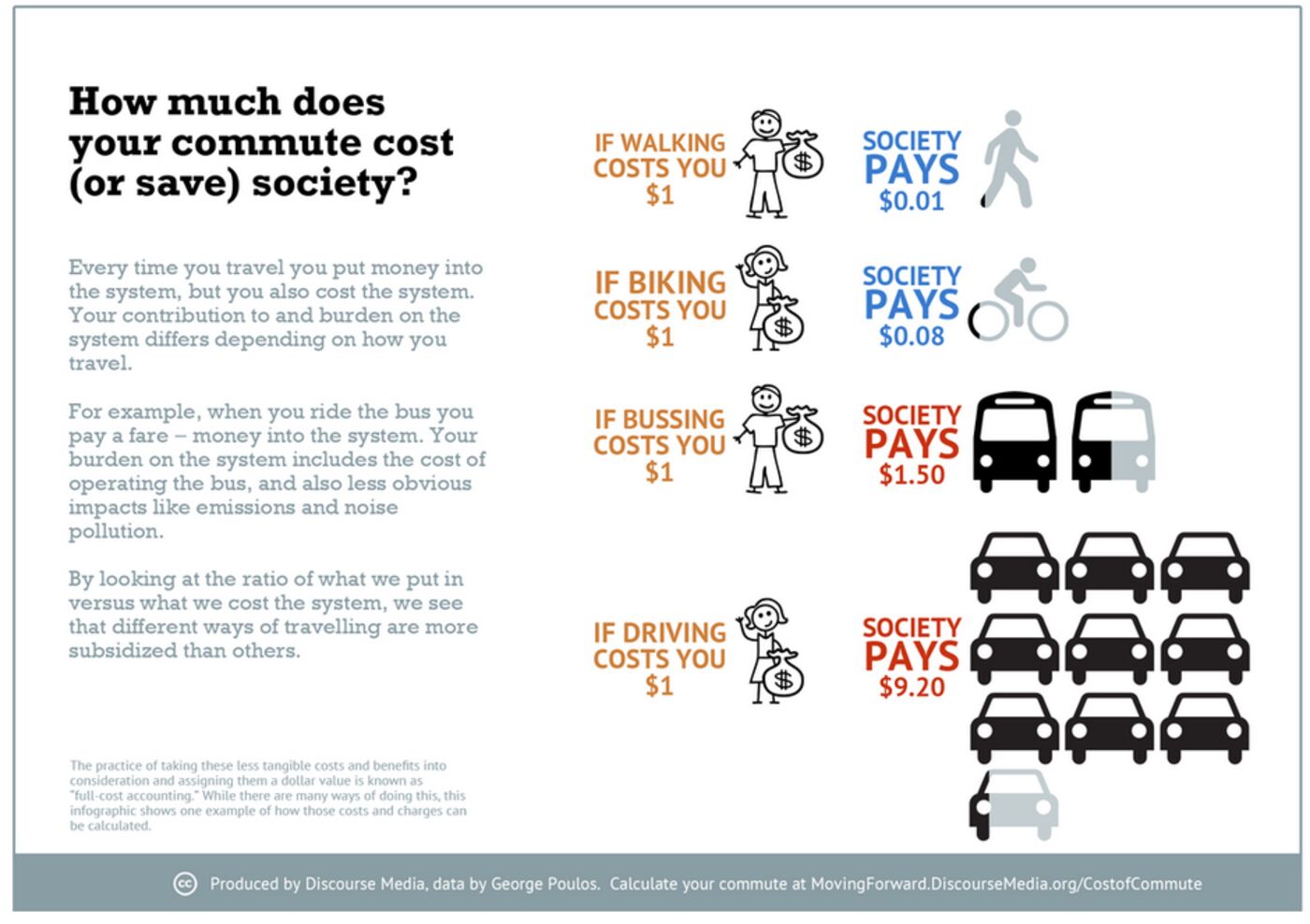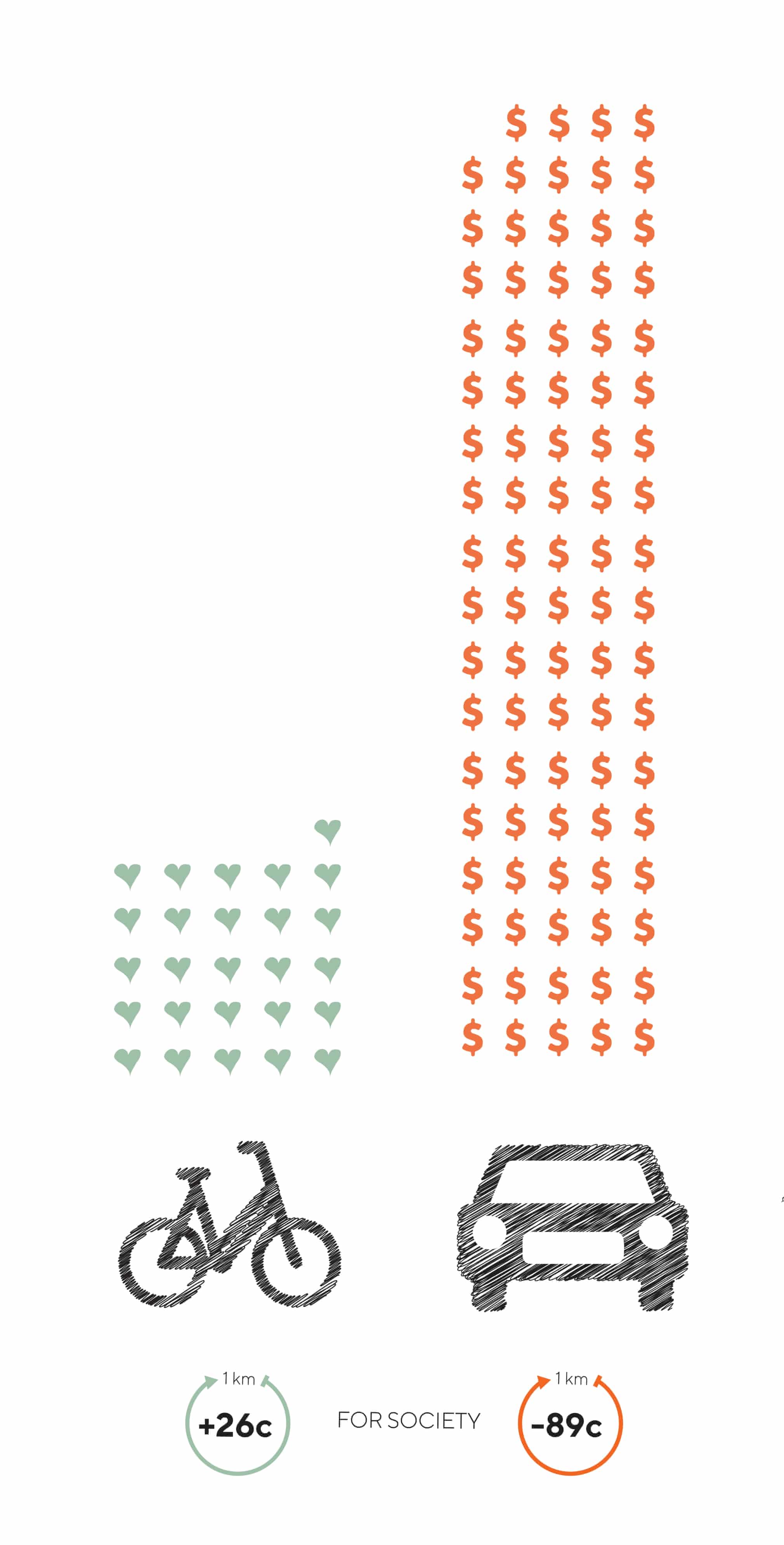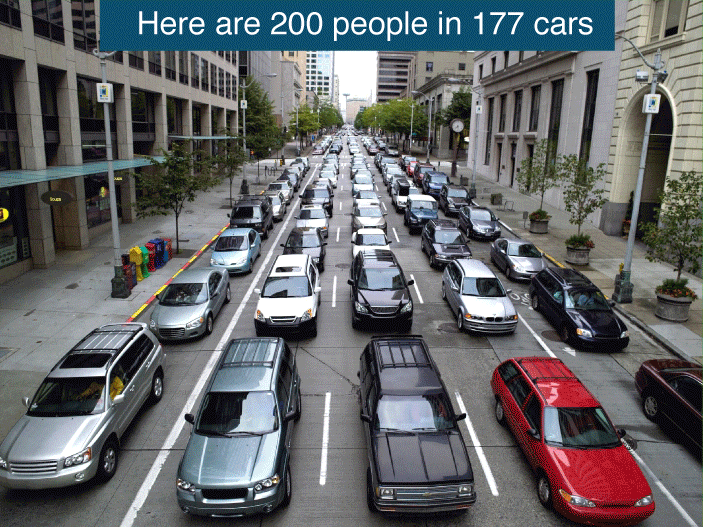kali
Active Member
Right, but how does that even work? The Gardiner randomly rises into the sky west of Jarvis?
Right, but how does that even work? The Gardiner randomly rises into the sky west of Jarvis?
^Once we get enough transit in place, sure
????That's the way you have always intended to frame it.
You're even literally quoting the tweet, and ignore that it says "still have some pocket change", it clearly says "SOME pocket change" for crying out loud, it doesn't say or imply that it'd represent an immediate saving greater than the current deficit. Everyone obviously acknowledge that the alternative project has a cost too, still it could save the city $1.50 billion in the next 10 years, and $500 million in the short term.
Since the beginning it has been made clear in this thread and the other ones, that demolishing the Gardiner and turning it into a boulevard could save the city $500 million, in the short term.
Greater Paris is home to around 7 million people, it has the larger regional GDP in continental Europe. London is one of the richest city on the planet. Both cities don't have any elevated or at-grade highways that run through their city core, and still they produce more wealth than Toronto, that do have a decaying highway in its city core.
It could be useful too if you consider that air pollution costs Canada around $36 billion per year, causes 7,700 premature deaths and illness.
Also, the cost of replacement doesn't include the economic benefits of having a road that moves billions of dollars of economic value every year. Like it or not the highway is a key connection to the core for hundreds of thousands of people and freight.



Cost-benefit-analyses (CBA) are widely used to assess transport projects. Comparing various CBA frameworks, this paper concludes that the range of parameters considered in EU transport CBA is limited. A comprehensive list of criteria is presented, and unit costs identified. These are used to calculate the external and private cost of automobility, cycling and walking in the European Union.
Results suggest that each kilometer driven by car incurs an external cost of €0.11, while cycling and walking represent benefits of €0.18 and €0.37 per kilometer. Extrapolated to the total number of passenger kilometers driven, cycled or walked in the European Union, the cost of automobility is about €500 billion per year. Due to positive health effects, cycling is an external benefit worth €24 billion per year and walking €66 billion per year. CBA frameworks in the EU should be widened to better include the full range of externalities, and, where feasible, be used comparatively to better understand the consequences of different transport investment decisions.


Canada’s roads and bridges, tunnels and highways, are almost all “free.” That means free for drivers, paid for by taxpayers. You can drive to the Champlain Bridge from virtually anywhere in Canada, from Vancouver to Cape Breton, on roads that are costly to build and maintain, yet toll-free.
Is this logical? No. It’s not economically efficient, it’s environmentally damaging and encourages urban sprawl. It does all that by subsidizing driving.
There are compelling reasons for taxpayers to pick up the tab for things society wants more of, from public education to public parks to public libraries. There’s a lot of upside in kids being able to read more, for free. What’s the social good in adults being able to drive more, for free?
But the freeway, the free bridge and the free road are the status quo. Every spring, a new construction season begins, paid for by taxpayers.
In Ontario, the provincial government’s highway capital budget is $2.8-billion this year; the province plans to spend $22-billion on highways over the next decade. In Quebec, the province is spending $5-billion on road construction and maintenance over the next two years. That includes the continuing reconstruction of the Turcot Interchange, on one approach to the Champlain Bridge, at a cost of $3.7-billion and counting.

I think the people who abdicate for all of this stuff don't actually realise where people are traveling from to and from work. They live in there own little while world where they think just because they ride a bike to work or use public transportation everyone can do it.thing is with tolls on all roads is you are punishing avg folks that use a car due to poor transit.
Like I used to work in 404 and Steeles from Brampton.
It takes 45 mins to 50 mins by car, transit is 2 hours.
Why would i take transit.
I can understand tolling the Gardiner to enter downtown.
However charging people to use the 400 series highways is just a regressive move against working-class people.
thing is with tolls on all roads is you are punishing avg folks that use a car due to poor transit.
Like I used to work in 404 and Steeles from Brampton.
It takes 45 mins to 50 mins by car, transit is 2 hours.
Why would i take transit.
I think the people who abdicate for all of this stuff don't actually realise where people are traveling from to and from work. They live in there own little while world where they think just because they ride a bike to work or use public transportation everyone can do it.
lol blaming working people for not working close to home is hilarious.
Moving inside the GTA is very expensive especially to York Region.
Jobs are not permanent anymore, many people switch jobs every 2-3 years now.
As I said unless Transit gets better, taxing suburban highways is a non-starter.




